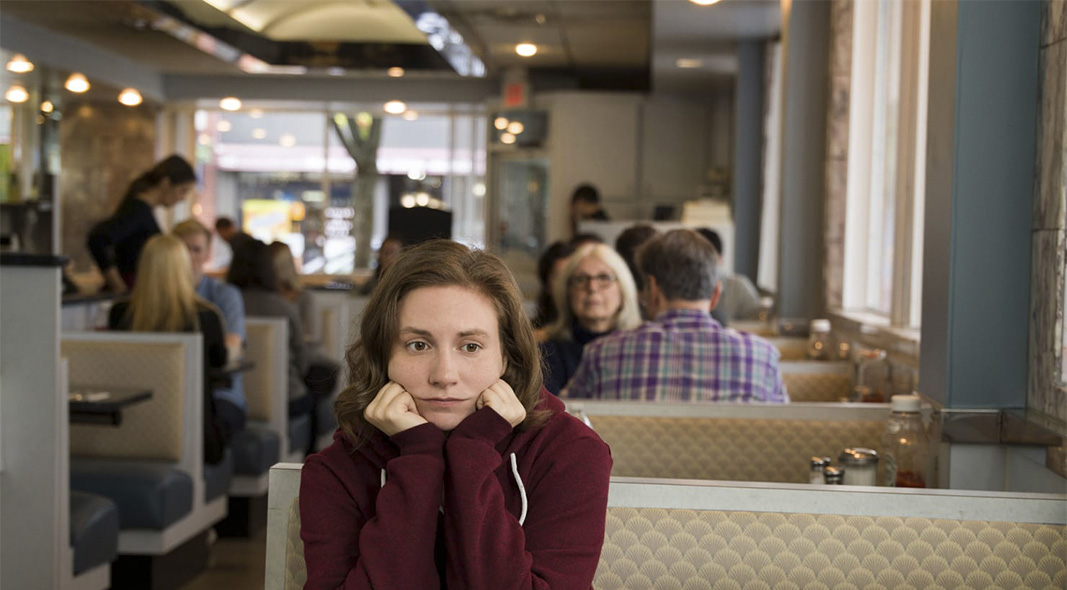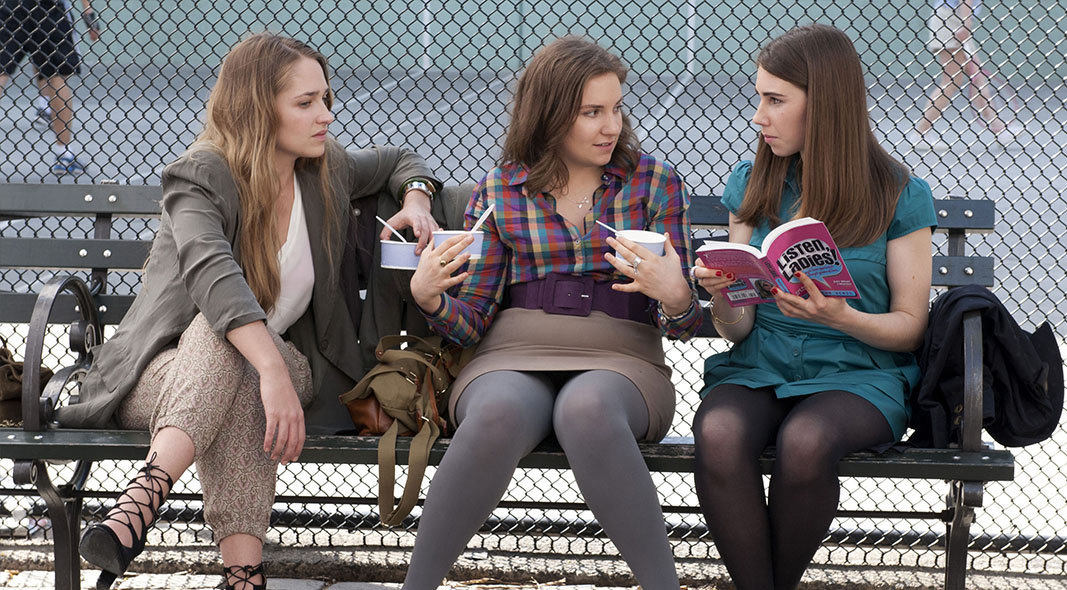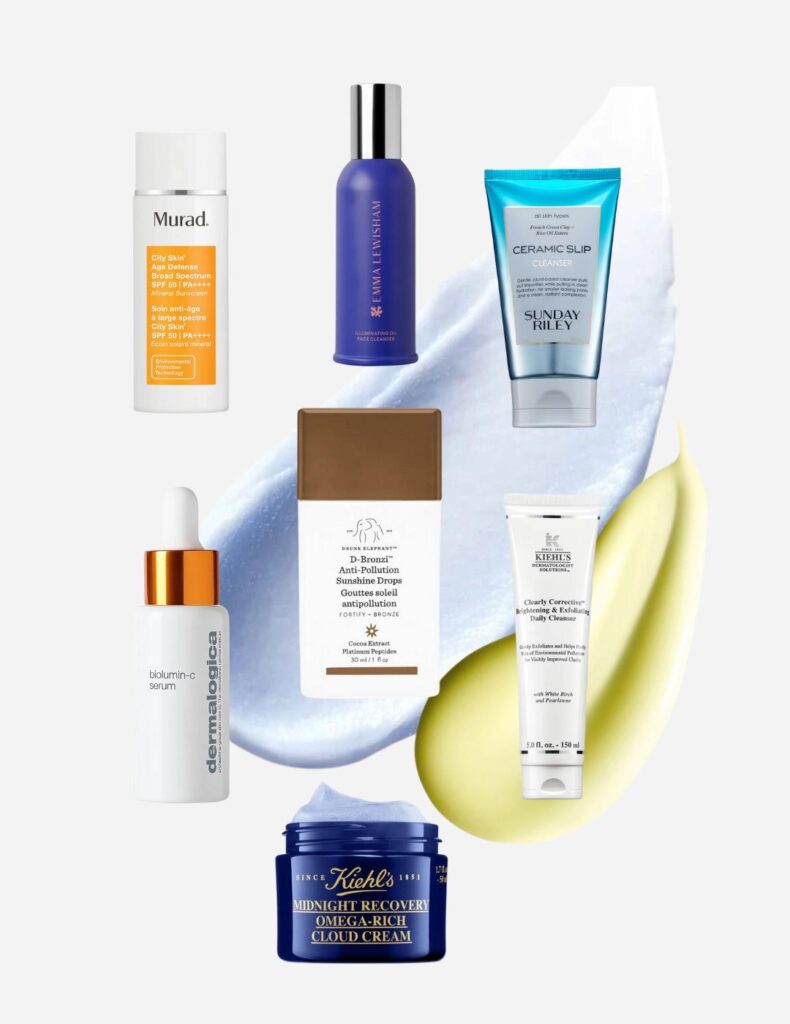Guidance for psychologists treating young people will now acknowledge that adolescence actually lasts from age 10-24.
For a long time, 18 marked the official point of entry into adulthood – you’ve finished school and college, you can vote, you can drink, you can get a tattoo, you can get married. You can legally do a lot of things…but is all that enough to truly classify you as an adult? Maybe you think that real adulthood only begins at 21? If the idea that uni students could ever be classed as responsible adults has you in fits of hysterical laughter, then 21 definitely sounds more reasonable – it’s the age where most people graduate and enter the world of work. So, what do you think, 18? Or 21?
Well, according to new research, both of those answers are wrong. Scientists and child psychologists have concluded that real adulthood only begins at the ripe old age of 25.
Hallelujah. Thank you science for validating my decidedly un-adult existence. If any other 20-somethings out there have ever been subject to parental lectures about how you need to get your life together and act like an adult, (I feel for you guys, I really do) just refer them to this article. You’re welcome.
Child psychologist, Laverne Antrobus told the BBC all about the new directive that will increase the age range child psychologists work with, from 0-18 to 0-25:
“The idea that suddenly at 18 you’re an adult just doesn’t quite ring true. My experience of young people is that they still need quite a considerable amount of support and help beyond that age.
“We are becoming much more aware and appreciating development beyond [the age of 18] and I think it’s a really good initiative,” says Antrobus.
She believes that we often put pressure on young people to rush childhood and tick off those key life events very quickly, when in reality, their brains are still yet to leave the adolescent state of development.
Antrobus explains, “Neuroscience has made these massive advances where we now don’t think that things just stop at a certain age, that actually there’s evidence of brain development well into early twenties and that actually the time at which things stop is much later than we first thought.”
Neuroscience has now shown that the brain continues to develop in this later stage of adolescence from the ages of 18-25, and that a young person’s emotional maturity, judgment and self-awareness will all be affected until the prefrontal cortex of the brain has fully developed.

The new guidance for psychologists is geared towards ensuring that young people over 18 receive all the support they need during the last of their formative years. Increased awareness of the fact that 18-25s may need that extra attention and care should help to ensure that they don’t fall through gaps in the health and education system, which had previously labelled them as fully developed adults.
Antrobus also points out that hormonal changes don’t actually settle down until much later either. She suggests that young people may wish to stay with their families longer because they need more support during these formative years.
Kate Fallon, general secretary of the Association of Educational Psychologists added: “Emotional development doesn’t just stop when we turn 18 and young people must be able to develop at their own pace and have access to appropriate support if they need it.
“The decision to extend access to child psychologists to the age of 25 is a welcome one, as are the terms of the Children and Families Bill that will give young people with the most complex needs a legal right to specialist support, including to educational psychologists, to the age of 25.”
However, some believe that the new guidelines encourage the infantalisation of young people, and kills their aspirations of independence.
Frank Furedi, professor of sociology at the University of Kent, believes that the cultural shift extending adolescence into the twenties can ‘hamper’ the development of young adults, and is responsible for the increased number of 20-somethings still living at home
“Often it’s claimed it’s for economic reasons, but actually it’s not really for that,” says Furedi. “There is a loss of the aspiration for independence and striking out on your own. You have this kind of cultural shift which basically means that adolescence extends into your late twenties and that can hamper you in all kinds of ways, and I think what psychology does is it inadvertently reinforces that kind of passivity and powerlessness and immaturity and normalises that.”

So it’s got nothing to do with the ridiculously high amount you now need to earn to be able to buy your first home? Okay, professor.
The idea that young people don’t have aspirations for independence, that they don’t want financial independence and their own homes is entirely out of key with reality, and frankly insulting.
Also, it is so important to remember the young people, who may be struggling at this point in their lives, who could really benefit from the help and support these new guidelines will offer.
Many young people in this 18-25 age bracket suffer with mental health problems, a lot of which can stem from anxiety about the pressures they face from society to get a job, move out, have their lives planned, to ‘act like an adult’. It’s the reason that graduate depression is a thing, and more and more people are dealing with anxiety in their twenties.
Psychologists acknowledging that adolescence continues right up to the age of 25 not only allows young people to access the support they need, but will also perhaps encourage young people to be more forgiving with themselves.
It’s okay to feel like you’re a mess of hormones just stumbling through with no life plan to speak of. You may legally be an adult, but the fact is that your brain is just catching up. So, allow yourself some adolescent doubts and mistakes. We’ll all get there in the end.
Words: Annie Simon
Photos: Pinterest
This article was originally published on The Debrief.











